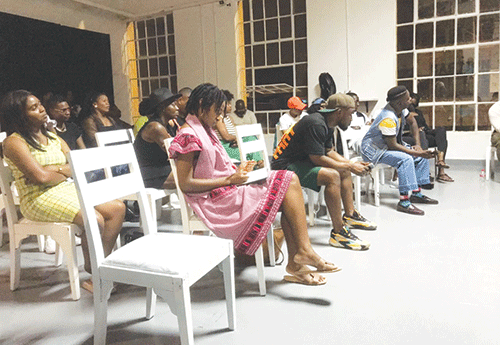For over 33 decades, Namibia’s creative industry has felt ignored, receiving little help from the government or other relevant stakeholders.
Fashion and textile designers recently met at Windhoek’s Et Cetera Café to talk about their challenges.
The designers said they are doing well alone, but they need more support and recognition. They believe Namibia has talent, but local clothes and designs are not getting enough attention.
During fashion shows, organizers pay more money and attention to designers from other countries, leaving locals with less.
Some designers worked hard to get degrees but still don’t get noticed. They think the industry values who you know more than what you can do, which is unfair and stops it from growing.
“In this industry, not knowing people can make it tough. When people want designs, they expect them to be cheap, forgetting designers have to buy materials. Some designers make things cheap to survive,” they said.
Competition is high, and some worry about losing clients, so they don’t collaborate much. These challenges showed how the industry needs support and change to help Namibian designers thrive.
They stated that as a fashion designer, it takes double an amount of effort for customers to entrust their expensive fabrics with confidence.
This is because there are so many fashion designers who have failed a lot of clients in more ways resulting in mistrust of fashion designers. Now clients do not trust designers because of other individuals.
“If more of our clothes were sold in many of this shops like Mr. Price, Style to mention a few, we were going to be known and many Namibians would support us but now they support outsiders which is painful.”
Creative Pinehas ‘Zulu Boy’ Shikulo encouraged designers to work hard and stay focused.
“Let us go out there and seek assistance, let’s not be shy and let us not fight each other, let us collaborate and together we can thrive,” he said.
-priscillamukokobi@gmail.com


